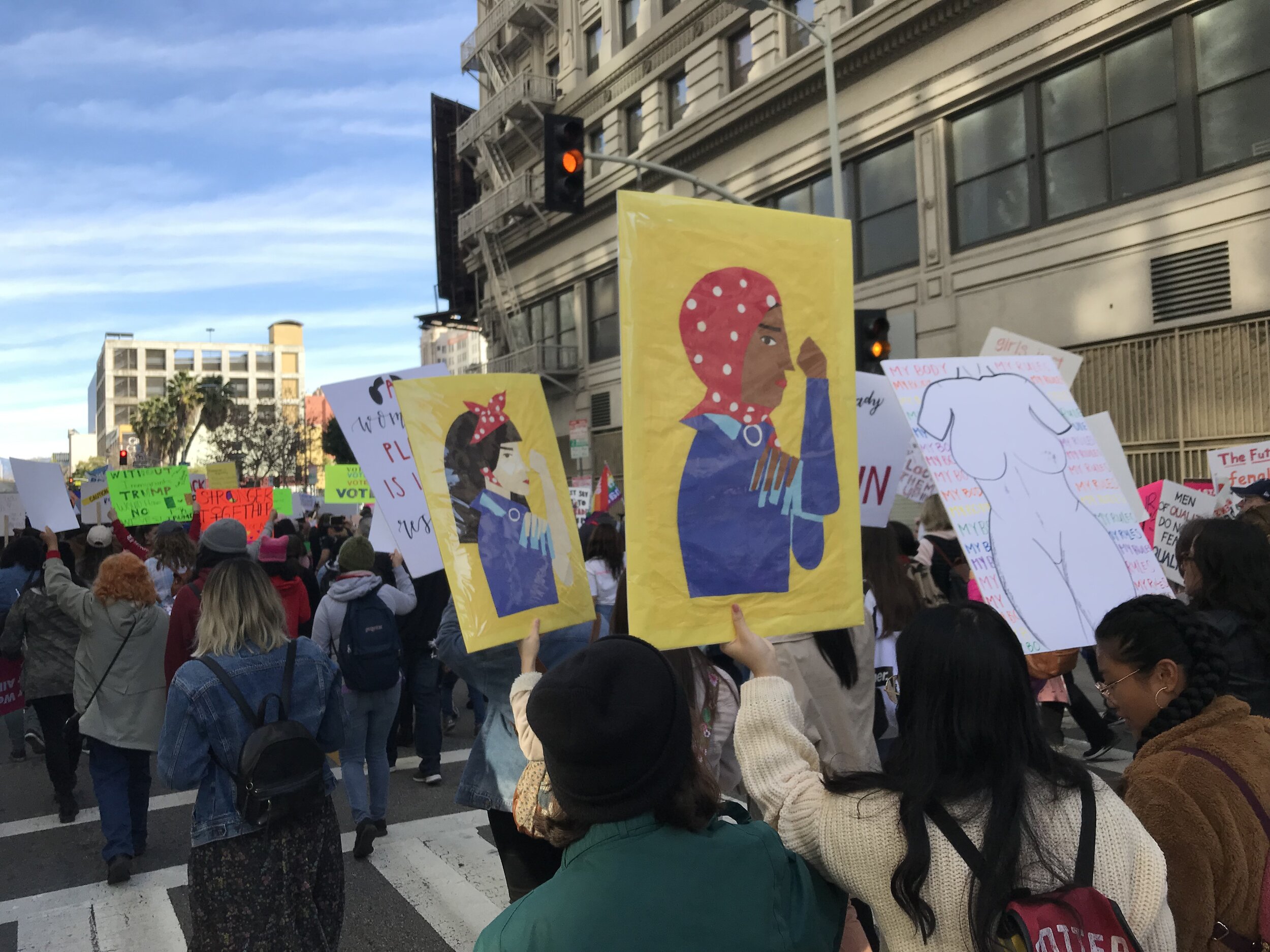
Synopsis
When she joined Veterans For Peace in 2015 it didn’t take Monisha Ríos long to learn that there is a status hierarchy among vets—even those working for peace and justice. On meeting Ríos, VFP members would ask if she was a combat vet, and Ríos knew immediately that when she said no, “They're not gonna take me seriously, I’m not gonna matter. I won't be considered important. To the work of peace. As a veteran.” But it didn’t take her long to settle on her answer to that question: “I say, ‘I was in unconventional combat. As in, every fucking day, I had to fight to not get raped. As a woman in the military. So, yeah. I was in combat.’”
Monisha Ríos, lower right, in About Face webinar on the future of Puerto Rico, 2020.
Unconventional Combat illuminates the generational transformation of the U.S. veterans’ peace movement, from one grounded mostly in the experiences of White men of the Vietnam War era, to one increasingly driven by a younger and much more diverse cohort of “post-9/11” veterans. Michael Messner uses participant observation with two organizations (Veterans For Peace and About Face) and interviews with older men veterans as the backdrop for the book’s main focus, life-history interviews with six younger veterans—all people of color, three of them women, one a Native Two-Spirit person, one a genderqueer non-binary person. The book traces these veterans’ experiences of sexual and gender harassment, sexual assault, racist and homophobic abuse during their military service (some of it in combat zones), centering on their “situated knowledge” of intersecting oppressions. As veterans, this knowledge shapes their intersectional praxis, which promises to transform the veterans’ peace movement, and provides a connective language through which veterans’ peace activism links with movements for racial justice, stopping gender and sexual violence, addressing climate change, and building anti-colonial coalitions. This promise is sometimes thwarted by older veterans, whose commitment to “diversity” often falls short of creating organizational space for full inclusion of previously marginalized “others.” Intersectionality is the analytic coin of today’s emergent movement field, and the connective tissue of a growing coalitional politics. In Unconventional Combat, we meet veterans who are part of this larger shift in the social movement ecology. Together, they contribute a critical understanding of war and militarism to progressive coalitions.
